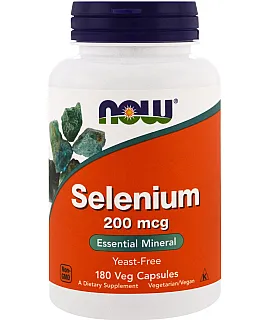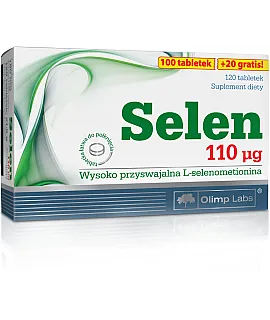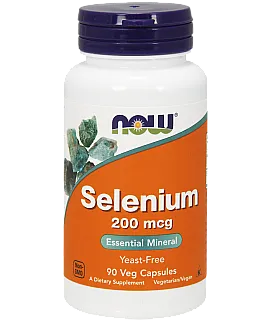Selenium - properties, sources, deficiency, excess

Selenium is a mineral that is essential for the proper functioning of the human body. For this reason, selenium is a common ingredient in dietary supplements, which aim to improve overall mental and physical condition and well-being, and to prevent the development of many diseases known as diseases of civilization. So, let's find out what health-promoting properties selenium exhibits and what the risk of selenium deficiency or excess may be.
- Selenium - properties
- Selenium - dietary sources
- Selenium - requirements
- Selenium deficiency
- Selenium - in excess
Selenium - properties
Selenium plays an important role in cell metabolism and the proper functioning of the thyroid gland. Selenium is part of glutathione peroxidase, an antioxidant enzyme that protects cell membranes from free radical damage**. Selenium acts as an antioxidant that protects the human body from oxidative stress and can prevent the development of free-radical diseases, including: cardiovascular diseases, cancer and neurodegenerative diseases (especially Alzheimer's disease).
Selenium exhibits anticancer properties, so it may reduce the risk of developing certain types of cancer. Selenium has been shown to protect cells from the harmful effects of reactive oxygen species, reduce the ability of carcinogenic compounds to cause mutations, and inhibit the division of cancer cells, as well as prevent their spread in the body's tissues. In addition, selenium boosts the body's immunity, aids in the treatment of protein-energy malnutrition, and protects against heavy metal poisoning (including: cadmium, lead, mercury, arsenic and thallium).
Moreover, the literature reports that selenium supplementation can reduce total mortality by 14% and shorten the length of hospital stay among critically ill patients. Selenium supplementation may also contribute to a significant reduction in the HOMA-B index (which assesses pancreatic islet beta cell function) and an increase in the QUICKI insulin sensitivity index. Selenium intake can also lead to a slight reduction in blood levels of total cholesterol, triglycerides and very low-density lipoprotein (VLDL). It has also been shown that selenium used in combination with other antioxidants can reduce the risk of death from cardiovascular causes by 23% and the risk of mortality from any cause by 10%. Selenium may also benefit male fertility due to the fact that it increases ejaculate volume and sperm concentration, and improves sperm motility and morphology.
Selenium - dietary sources
The main dietary sources of selenium in the human diet are offal (especially kidney), fish (including salmon, herring, tuna, flounder, cod), shellfish, meat, eggs and milk and its products (especially cheese). The selenium content of milk, dairy products (e.g. yogurt, kefir, buttermilk, cheese) and eggs is strongly dependent on its content in animal feed. In addition, selenium is found in such plant products as Brazil nuts, buckwheat groats, bitter cocoa, rice, garlic, mushrooms, walnuts and dry pulses (e.g. peas, lentils, soybeans). The bioavailability of selenium from food is enhanced by protein, methionine, antioxidant vitamins (A, C and E) and other dietary antioxidants. In contrast, selenium absorption from the gastrointestinal tract is reduced by low protein intake, the presence of heavy metals and high dietary sulfur content. Selenium found in food in the form of selenomethionine has a high bioavailability of over 90%.
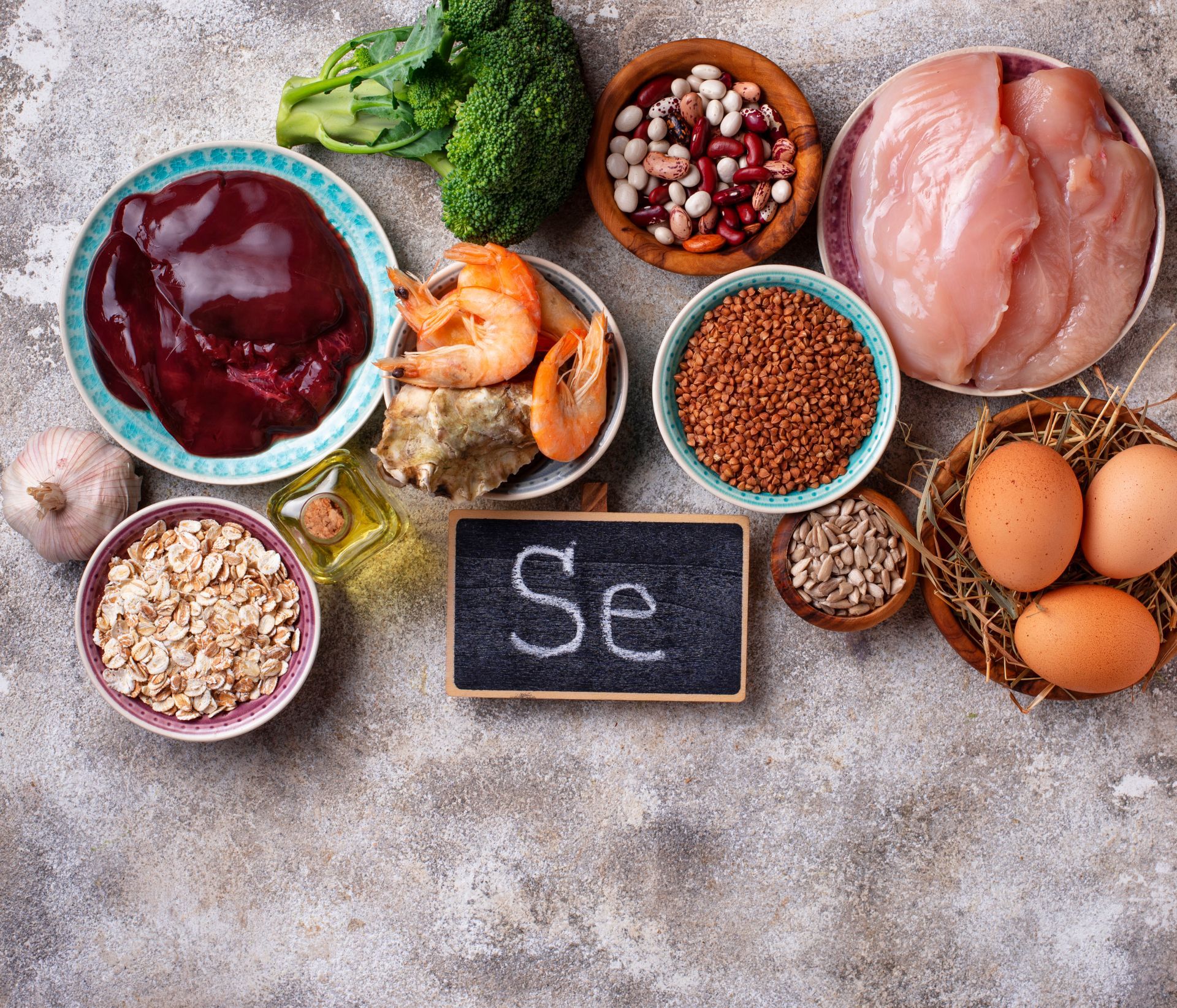
Selenium - requirements
The daily requirement for selenium at the Recommended Daily Allowance (RDA) level in adult women and men is 55 µg. In pregnant women, selenium requirements increase to 60 µg per day due to the need to safeguard the needs of the developing fetus. Similarly, breastfeeding women should provide more selenium - 70 µg per day - to supplement the amount of this important mineral found in breast milk.
Selenium deficiency
An improperly balanced diet that is extremely low in meat, fish, seafood, milk, dairy products, eggs and pulses can promote selenium deficiency. People with phenylketonuria and chronic renal failure, as well as vegans and vegetarians, are particularly at risk of selenium deficiency. The best-known negative side effects of chronic selenium deficiency are juvenile cardiomyopathy (Keshan disease) and articular cartilage dystrophy (Kashin-Back disease). Selenium deficiency can increase cardiovascular and cancer mortality and cause cretinism in children. Low selenium levels are often found in vascular diseases, autoimmune disorders, acute pancreatitis, cystic fibrosis, retinopathy, depression and AIDS patients.
Selenium - in excess
Excess selenium can be toxic to humans. Fatal cases of toxicity have been found after accidental ingestion of selenium in gram quantities. However, chronic selenium toxicity called selenosis can occur when smaller doses of selenium are consumed over a long period of time. Among the most common symptoms of selenium excess (chronic toxicity) are brittleness and loss of nails and hair loss, as well as depression, emotional vacillation, nervousness, gastrointestinal complaints, skin rashes, garlic odor in the breath, hyperhidrosis and neurological disorders.
Sources:
-
Jenkins DJA, Kitts D, Giovannucci EL, et al: Selenium, antioxidants, cardiovascular disease, and all-cause mortality: a systematic review and meta-analysis of randomized controlled trials. Am J Clin Nutr. 2020 Dec 10;112(6):1642-1652.
-
Zhang JW, Lin Y, Liu YM, et al: Excess selenium intake is associated with microalbuminuria in females but not in males among adults with obesity: Results from NHANES 2009-2018. Front Nutr. 2023 Jan 25;10:1043395.
-
Zhao Y, Yang M, Mao Z, et al: The clinical outcomes of selenium supplementation on critically ill patients: A meta-analysis of randomized controlled trials. Medicine (Baltimore). 2019 May;98(20):e15473.
-
Mahdavi Gorabi A, Hasani M, Djalalinia S, et al: Effect of selenium supplementation on glycemic indices: a meta-analysis of randomized controlled trials. J Diabetes Metab Disord. 2019 Jul 4;18(2):349-362.
-
Hasani M, Djalalinia S, Sharifi F, et al: Effect of Selenium Supplementation on Lipid Profile: A Systematic Review and Meta-Analysis. Horm Metab Res. 2018 Oct;50(10):715-727.
 ⮜ Previous article
⮜ Previous article
Fat reduction, and weight loss
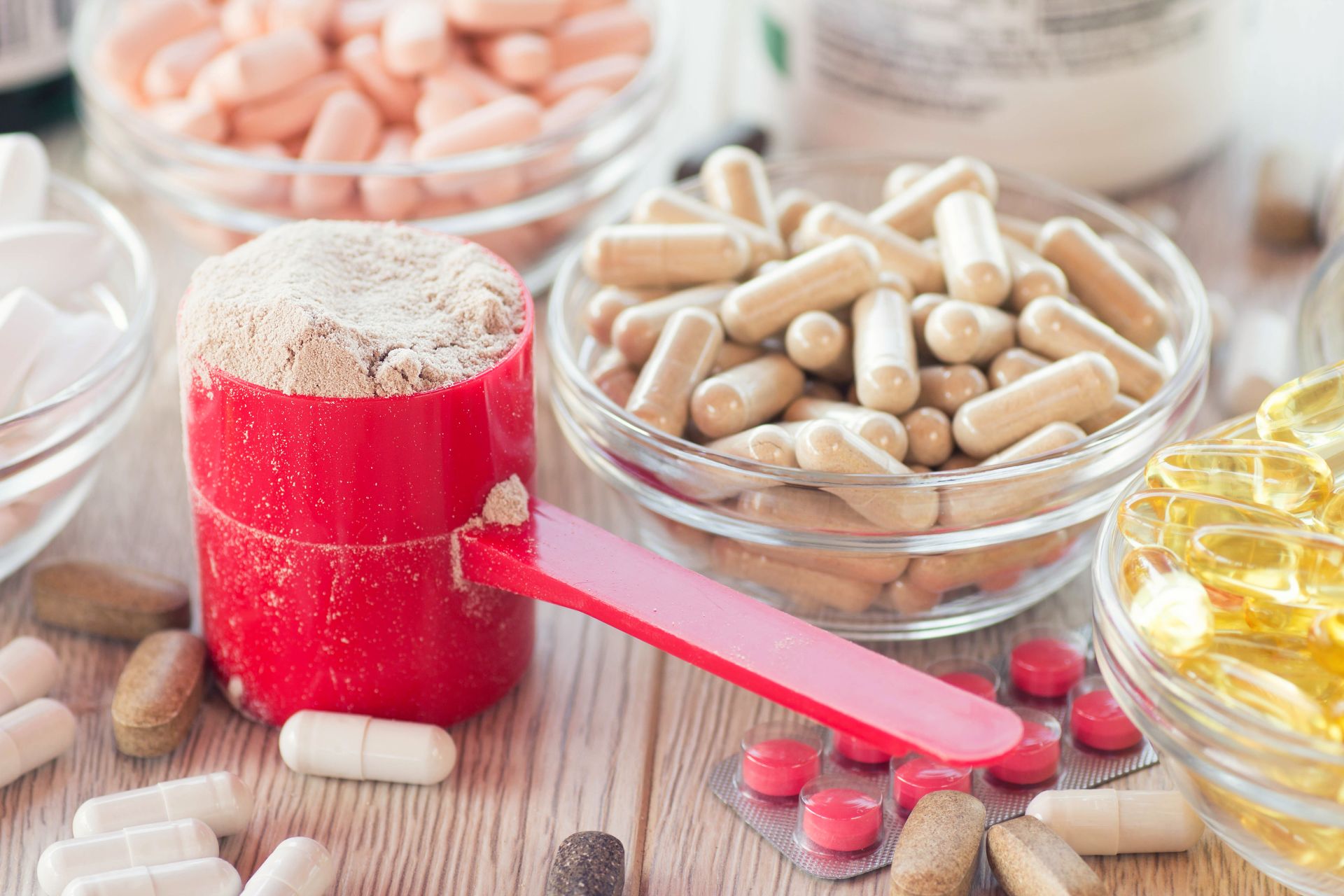 Next article ⮞
Next article ⮞
